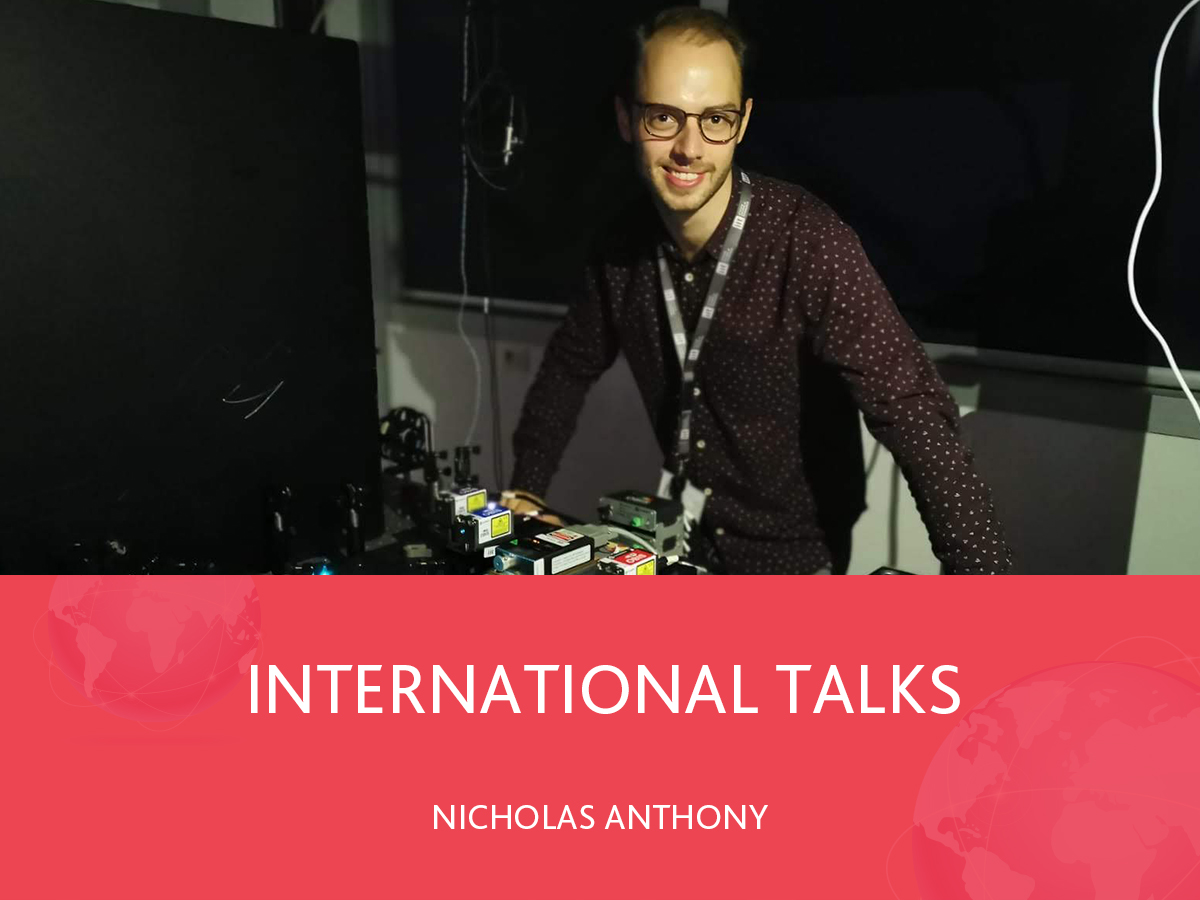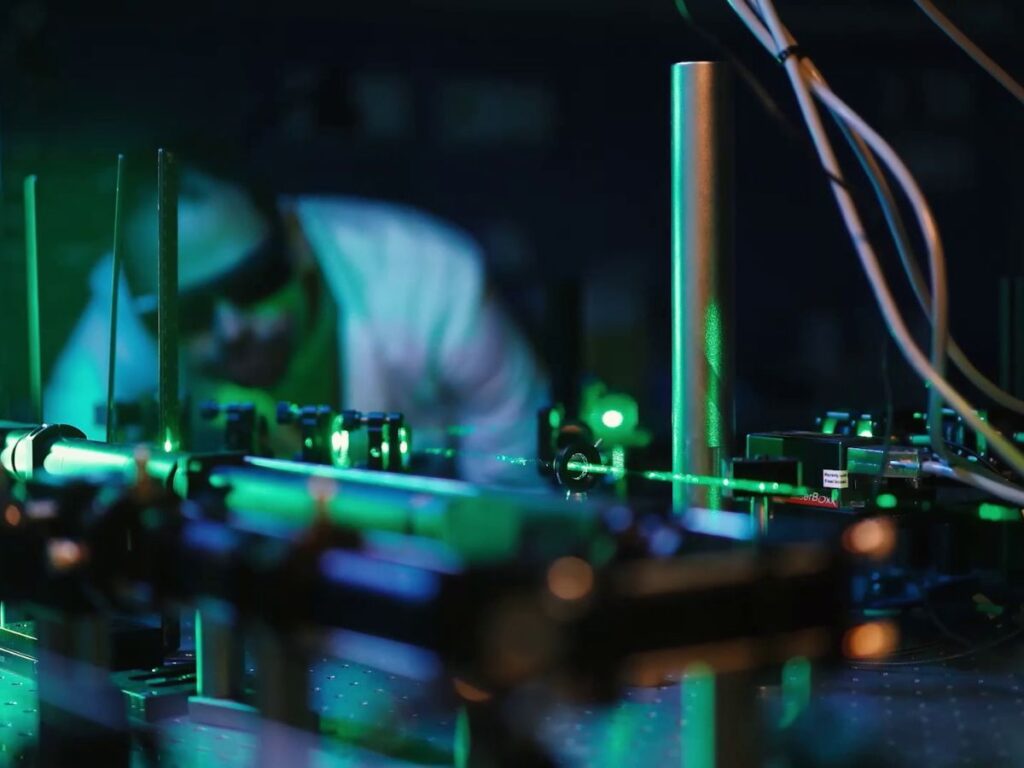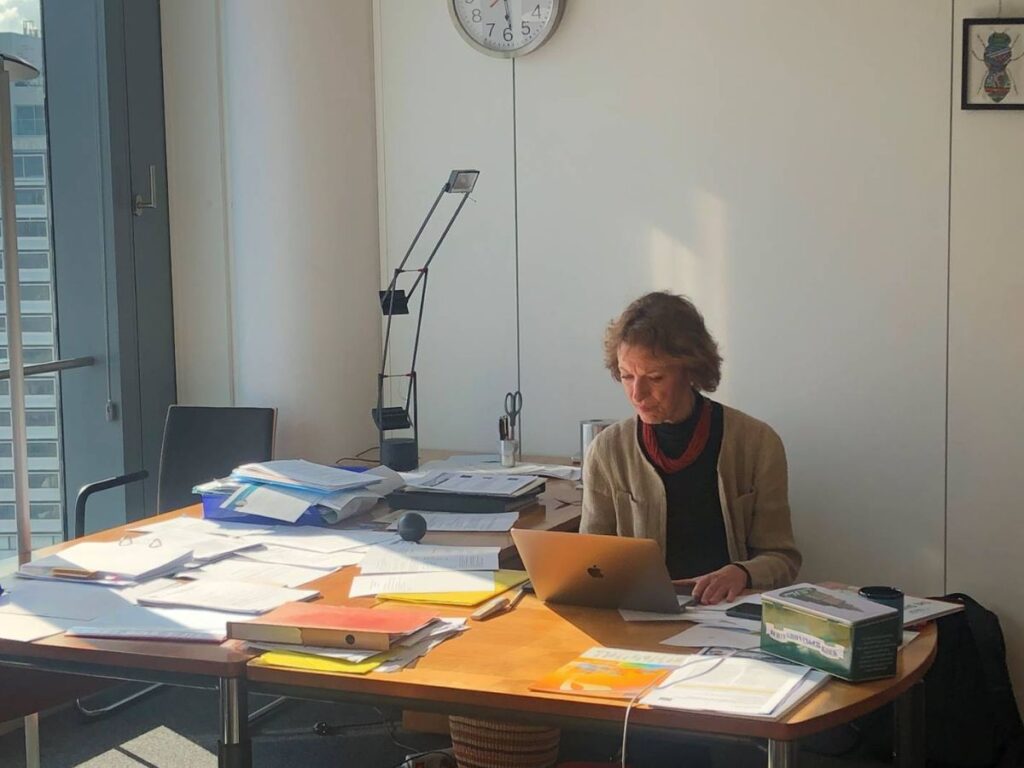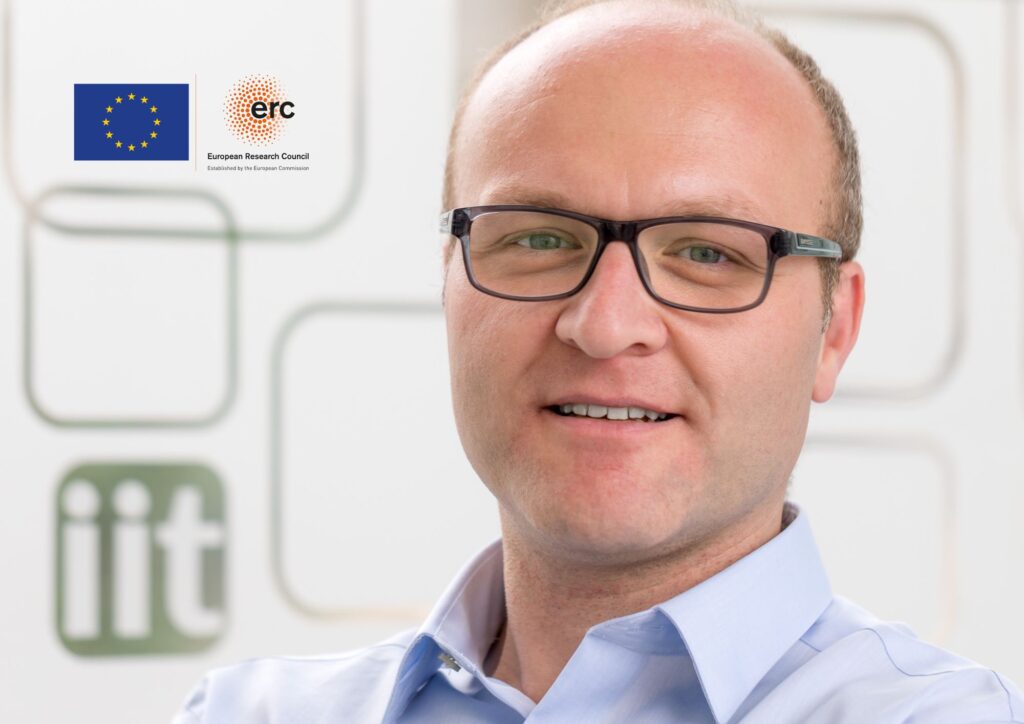“Settling into a new lab, and into a new country, requires some fundamental changes to work and lifestyle.”. The Rule of Three
Starting a new job is hard, moving to a new country is hard, moving to a new country on a different continent where you don’t speak the language for the first job after your PhD… well that’s a whole other level of difficult.I arrived in Genoa to start my postdoc just a few weeks after submitting my PhD thesis in December of 2017. My PhD, and indeed the majority of my life til I moved to Italy, had taken place in Melbourne, Australia where I grew up and greatly enjoyed being in a city known for its multicultural food, easygoing nature, and modern arts. Moving to Genoa was therefore quite a shock, and not just from the difference of an Australian summer to an Italian winter.My first days here were a whirlwind of excitement. The city was beautifully old and ancient (the building I live in is older than British settlement in Australia!), the food was on a whole different level to what I expected, and I was warmly welcomed by my colleagues in the Nanoscopy group at IIT. After signing all the paperwork for HR I was given a tour of the labs, and without overselling it, they blew my mind! Research here was on a completely different scale to what I had previously experienced, I think the Nikon Imaging Centre alone had more microscopes than my entire university, and in all of the different types that I could ever hope to want or use. The scale and impact of the research performed here amazed me, and two years later still manages to surprise me.The Nanoscopy group is made up of physicists (like myself) and biologists who work together in the development and use of microscopy techniques to study biophysics at the smallest scales. My research is to design and implement a modular microscopy technique that can study the fine structures within biological cells without sample modifications, such as the addition of fluorescent dyes, a disadvantage of most widely used microscopies. This type of work, known as ‘label-free microscopy’, is becoming increasingly important as we seek to image the biological world without modifying and potentially damaging what we are trying to observe. Going ‘label-free’ can also provide additional information about the sample, like how dense a cell is, which we can combine with other techniques for an even better understanding of how cells function, and how they can be impacted by viruses and diseases.Settling into a new lab, and into a new country, requires some fundamental changes to work and lifestyle. What was easy – knowing how to make an order, booking instruments, lab expectations, becomes hard as you learn how and what to do. Luckily for me I had a lot of help in getting settled and started in my new role, such as my fantastic colleagues who would give advice and always be available to answer my questions. There were still many shocks and learning experiences (mistakes) made, but overall work was without problems. The lifestyle changes are a little different, and not always so easily fixed for an expat in any country. Differences in language, culture, and day to day life can make you miss home a lot. It’s never easy, but it can definitely be worth it. Being an expat in Genoa is something that has taught me a lot about myself and has been an adventure unlike any other. The life of a post doc at IIT is something I’ll remember fondly wherever my path takes me next and is something that I’m incredibly proud and lucky to have experienced.___Nicholas Anthony is a postdoc in the Optical Nanoscopy group and Nikon Imaging Centre at IIT CHT Erzelli. His research is in the design, development, and application of novel microscopies to biophysical problems. For updates to his research, or life as a researcher, you can find him on twitter @nano_nick.




